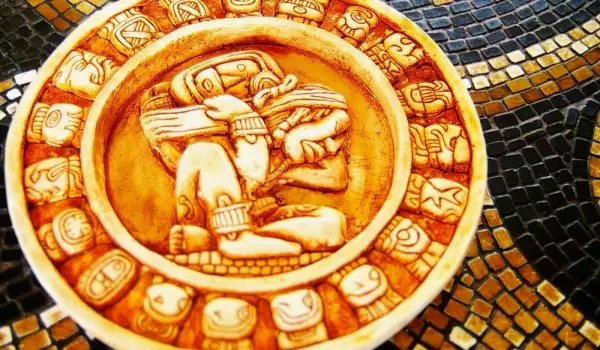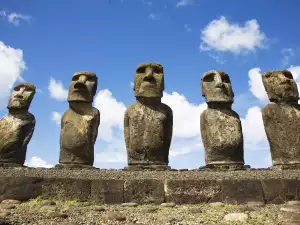One of the popular theories of German philosopher Georg Wilhelm Friedrich Hegel claims that the history of mankind repeats in a constant cycle and that people don't always manage to learn from their mistakes.
The concept of this sort of wheel of time is nearly as ancient as human civilization itself. The 1st ones to ponder the cycles of life were the Egyptians. Later, this view of life would find its followers in the Ancient Hellas and India.
It was in fact on the crowded subcontinent that the idea of a cyclical history developed the most and lay the foundations for the emergence of Hinduism. Seeded within the religion of the Hindus is the idea of samsara - the cycle of birth and death in the physical worlds.
A similar cycle of constantly repeating events is seen in the Mayan calendar and in the religion of the Aztecs. In more recent times, the theory found a following in Europe as well - the philosophers Arthur Schopenhauer and Thomas Brown dedicated a number of influential scholarly works to it.
Even the most widespread book in the world - the Bible, looks at the idea of a New Beginning, where humanity gets a clean slate after its near obliteration.

If we were to believe the supporters of the cyclical approach, then each civilization goes through 4 stages before it winds up into nothingness. According to English historian Arnold Toynbee, there were several main types of civilizations throughout history - the Egyptian, Andean, ancient Chinese, Minoan, Sumerian, Mayan, Syrian, Indus, Hittite, the Far Eastern - Korea and main Far Eastern - Japan, Hindu, Hellenic (Greco-Roman), Orthodox Christian (Byzantium and the Balkans), Orthodox Christian (Russian) and Western.
Each of these had its birth, rise, decline and end, but a new one would always arise from the ashes of the old. According to Toynbee, this process was more intensive in the past, having nearly stopped today because, the historian believes, ultimately humanity has begun learning from its mistakes thanks to the advances in science and the severe traumas it has experienced in the not-so-distant past.
As well, technology has developed to the point where a single war could wipe out all life on Earth, while the ultimate goal is for humanity to live forever.

















